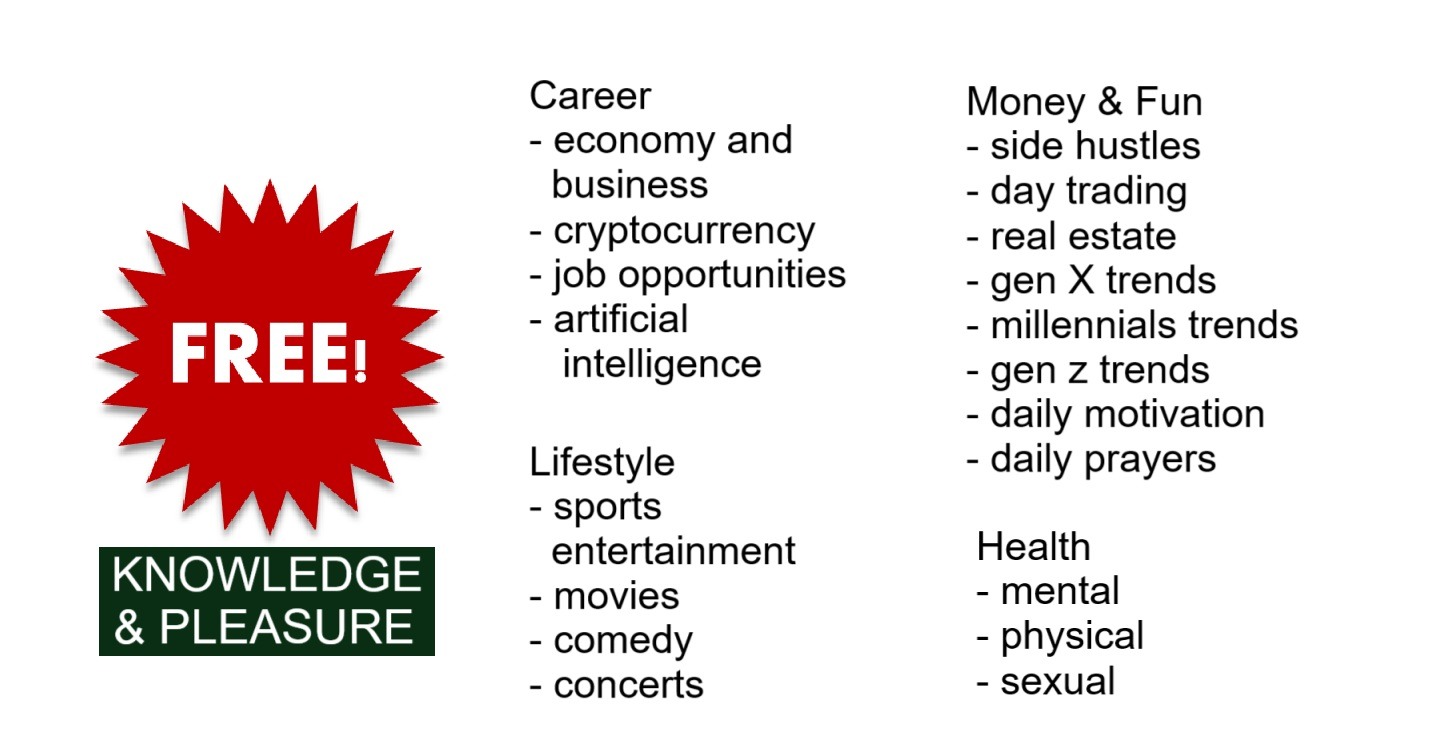Last Updated on April 12, 2025 by Royce Pierpont
The ambulatory health care services industry, encompassing a wide range of outpatient medical services, has experienced significant growth in recent years. However, economic fluctuations, technological advancements, and evolving healthcare models can lead to workforce reductions, leaving skilled professionals facing unexpected job loss. If you find yourself in this situation, or fear you might be soon, know that you are not alone. This comprehensive guide provides a roadmap to navigate the job market, address potential challenges, and re-engineer your skills for a successful job search.
Understanding the Lay of the Land: Challenges and Opportunities
Before diving into job search strategies, it’s crucial to understand the challenges and opportunities specific to the ambulatory health care sector.
1. Education and Training Constraints:
- Challenge: Healthcare is a highly regulated industry, requiring specific certifications, licenses, and educational qualifications. If your previous role was narrowly defined, your credentials might not directly translate to other positions you’re interested in. Additionally, some roles may require advanced degrees or specialized training you currently lack.
- Solution:
- Assess Your Credentials: Begin by thoroughly evaluating your existing certifications, licenses, and educational background. Identify any gaps that need to be addressed.
- Continuing Education: Explore continuing education opportunities, workshops, and online courses to enhance your skills and acquire new certifications relevant to your desired roles.
- Bridge Programs: Consider bridge programs that allow you to leverage your existing healthcare experience to transition into related but more specialized fields.
- Financial Aid: Research financial aid options, scholarships, and grants to help offset the costs of education and training.
2. Obsolescence at Past Job:
- Challenge: The healthcare industry is rapidly evolving, with new technologies, treatment protocols, and administrative practices emerging constantly. If your previous role focused on outdated methods or technologies, your skills might be perceived as obsolete by potential employers.
- Solution:
- Identify Skill Gaps: Identify the skills and technologies commonly used in today’s ambulatory health care settings that you may lack. This could include electronic health record (EHR) systems, telehealth platforms, data analytics tools, or advanced medical equipment.
- Targeted Training: Seek out training programs that focus on these in-demand skills. Online courses, workshops, and vendor-specific training can help you quickly acquire the necessary knowledge.
- Highlight Transferable Skills: Emphasize the transferable skills you gained in your previous role, such as patient care, communication, problem-solving, and attention to detail. Demonstrate how these skills can be applied to new roles and technologies.
- Showcase Your Adaptability: In your resume and interviews, highlight your willingness to learn and adapt to new technologies and processes. Provide examples of how you’ve successfully adapted to change in the past.
3. Artificial Intelligence (AI) Risks:
- Challenge: AI is increasingly being used in ambulatory health care for tasks such as diagnosis, treatment planning, and administrative functions. While AI is unlikely to completely replace human workers, it may automate certain tasks and change the required skill sets.
- Solution:
- Focus on Human Skills: Emphasize the skills that AI cannot easily replicate, such as empathy, critical thinking, complex problem-solving, and communication.
- Embrace AI as a Tool: View AI as a tool to enhance your work rather than a threat to your job. Learn how to use AI-powered tools and technologies to improve your efficiency and effectiveness.
- Seek Roles in Areas Less Susceptible to Automation: Target roles that require strong interpersonal skills, critical thinking, and emotional intelligence, such as patient education, care coordination, and complex case management.
4. Robotic Risks:
- Challenge: Robotics is being used in some ambulatory health care settings for tasks such as medication dispensing, sample processing, and surgery. While the adoption of robotics is still relatively limited, it could potentially impact certain roles in the future.
- Solution:
- Similar to AI, Focus on Uniquely Human Skills: As with AI, focus on refining skills that robots can’t replicate, such as compassion, nuanced judgement, and handling unexpected situations.
- Seek Roles in Patient Interaction: Prioritize roles that involve direct patient interaction and personalized care, as these are less likely to be fully automated.
- Prepare to Work Alongside Robots: Embrace the possibility of working alongside robots in the future. Develop your skills in areas such as robot maintenance, programming, and data analysis.
5. Other Risks:
- Challenge: The ambulatory health care industry is subject to various other risks, including economic downturns, changes in government regulations, and shifts in patient demographics. These factors can impact job security and create new challenges for job seekers.
- Solution:
- Stay Informed: Stay up-to-date on industry trends, regulatory changes, and economic forecasts. This will help you anticipate potential challenges and adjust your job search strategy accordingly.
- Diversify Your Skills: Develop a broad range of skills that are applicable to different roles and settings within the ambulatory health care sector. This will make you more adaptable and resilient in the face of change.
- Network Actively: Build and maintain a strong professional network. Networking can help you learn about job opportunities, gain insights into industry trends, and receive support during your job search.
Re-Engineering Yourself for Success:
Now that you understand the challenges, it’s time to re-engineer yourself for a successful job search.
- Update Your Resume and Cover Letter: Tailor your resume and cover letter to each specific job you apply for. Highlight your relevant skills, experience, and accomplishments. Use keywords from the job description to ensure your application is noticed by applicant tracking systems (ATS).
- Optimize Your Online Presence: Update your LinkedIn profile and other social media accounts to reflect your current skills and experience. Use a professional headshot and write a compelling summary that showcases your expertise.
- Practice Your Interview Skills: Prepare for common interview questions and practice your answers. Consider conducting mock interviews with friends, family members, or career counselors.
- Network, Network, Network: Attend industry events, join professional organizations, and connect with people in your field. Networking can help you learn about job opportunities and build relationships that can lead to new career prospects.
- Consider Temporary or Contract Work: Temporary or contract work can provide you with valuable experience, help you expand your network, and potentially lead to a permanent position.
- Be Open to New Opportunities: Don’t limit yourself to the same types of roles you held in the past. Explore different areas within the ambulatory health care sector, such as telehealth, care coordination, or health informatics.
Knowing Your Competition:
When searching for a new job, it’s important to understand who your likely competition is. In the ambulatory health care sector, you may be competing against:
- Other laid-off professionals: Individuals with similar experience and skills who are also seeking new employment.
- Recent graduates: New graduates with fresh knowledge and skills who are eager to enter the workforce.
- Internal candidates: Employees within the organization who are seeking promotions or lateral moves.
To effectively compete against these candidates, you need to differentiate yourself by:
- Highlighting your unique skills and experience: Emphasize the skills and experiences that set you apart from other candidates.
- Demonstrating your passion for healthcare: Show your enthusiasm for the industry and your commitment to providing quality patient care.
- Being proactive and persistent: Follow up on your applications and network actively to increase your chances of landing an interview.
Conclusion:
Losing a job in the ambulatory health care sector can be a challenging experience, but it’s also an opportunity for growth and reinvention. By understanding the challenges, re-engineering your skills, and effectively competing against other candidates, you can navigate the job market and find a rewarding new career. Stay positive, persistent, and proactive, and you will ultimately achieve your job search goals.









